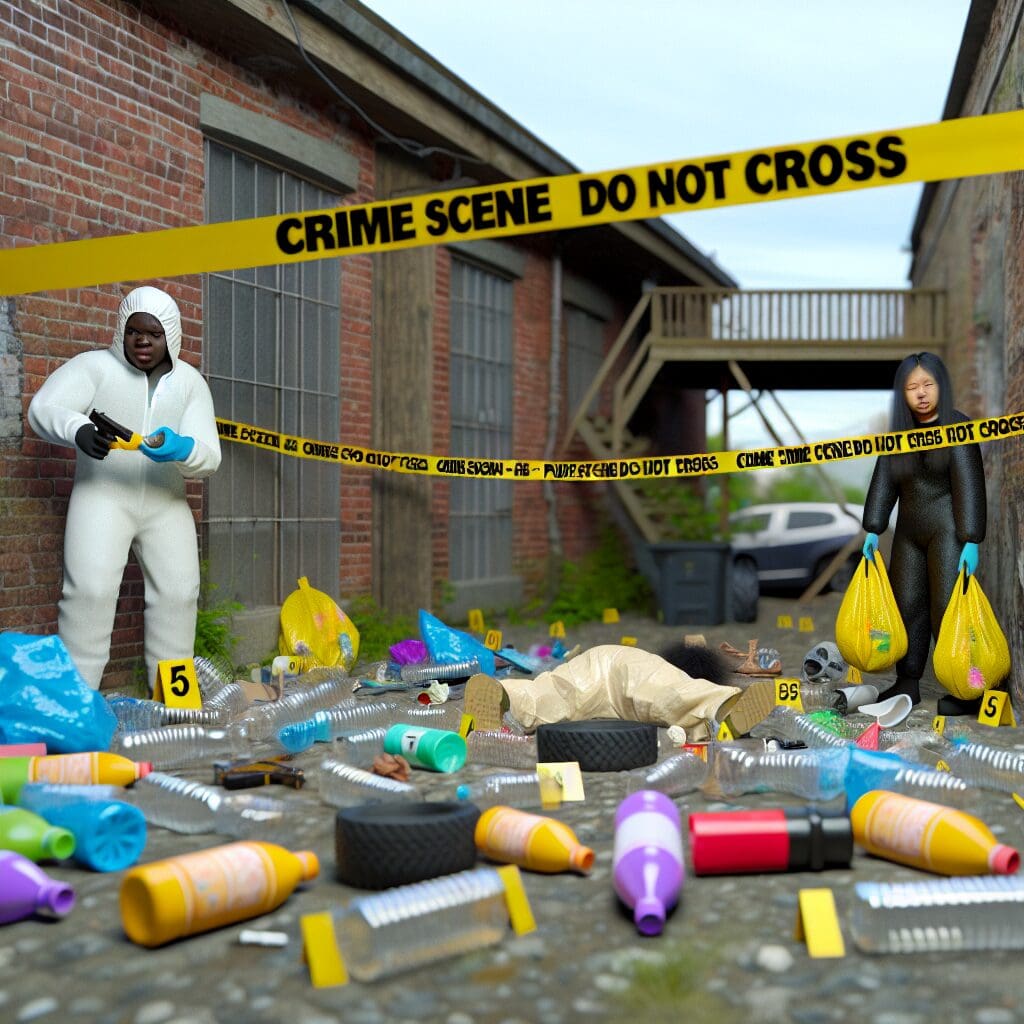A PhD student recently received a Churchill Fellowship grant to address the pressing issue of plastic waste at crime scenes—a problem that is often overlooked in forensic investigations. This initiative shines a spotlight on the growing concern over environmental sustainability within law enforcement practices. Plastic waste accumulating from investigative processes poses a significant threat to the environment and reflects poorly on the integrity of crime scene management.
As plastic materials such as evidence bags, protective gear, and other items are frequently used during investigations, their disposal often leads to increased pollution. This student’s research will explore innovative strategies to minimize plastic use in criminal investigations, potentially transforming current practices and establishing new, eco-friendly protocols.
For instance, the use of biodegradable materials could reduce the footprint of crime scene investigations. Current evidence indicates that the forensic community can adopt more sustainable alternatives without compromising the quality of evidence collection and preservation. Studies show that shifting towards eco-friendly materials can decrease the long-term environmental impact while maintaining the necessary rigor for investigations.
This pioneering work aligns with the global call for sustainability and showcases the role of academia in addressing real-world problems. By tackling plastic waste in crime scene investigations, this initiative not only promotes environmental stewardship but also exemplifies how innovative thinking can lead to meaningful change in established systems.
As more professionals recognize the interconnection between environmental issues and their fields, initiatives like this can pave the way for a greener future in forensics and beyond.












